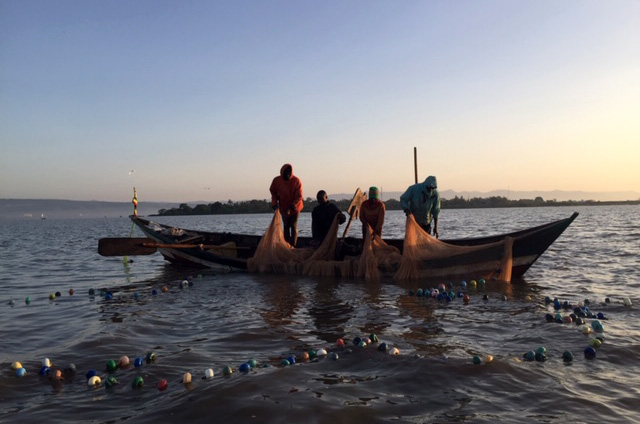
Food Culture, Social Inclusion and Ethnic Diversity
The Socio-cultural theme, with a focus on urban demographic changes, social ills, urban poverty and loss of traditional cultura capital, is geared towards inculcating sustainable development concerns. The aim is to harness social, heritage and cultural issues as an alternative livelihood. One of the key resources of livelihood in the Lake region has been fishing that has been declining due to poor fishing methods, overfishing, over-population and environmental pressures, calls for concerted efforts to provide alternative livelihood.
The overall objective is to upscale urban socio-cultural initiatives in the face of rapid urbanization and modernization for sustainable livelihoods in Kisumu City and its environs. The project will endeavour to examine their food culture or food cultures as appreciation of our cultural identity, cultural beliefs and practices, as well as, social relations within a melting pot of cultures in order to support local livelihood through destination branding of Kisumu as a cultural food tourism destination. Several activities among them:
• Investigation of the historical narrative of Kisumu food culture.
• Identification and documentation of food cultures and food delicacies in Kisumu.
• Examination of the modes of production and storage of food crops.
• Trace the trends/changes/patterns over time in the use of food culture and consumption.
• Assessment of the connection between food culture and social relations/cultural groups.
• Examination of the habits, practices and beliefs related to food cultures by different social groups/status in Kisumu.
• Establish the culinary/nutritional and socio-cultural values of food culture and delicacies and why they are preferred in Kisumu.
In establishing the above, it will be possible to come up with an advisory document on the best practices and business opportunities around food and culinary skills. Ultimately, it is to upscale food security, food culture and reduce urban food poverty. Currently the project team is in the final stages of developing a Cultural Impact Assessment tool kit for Kisumu City.